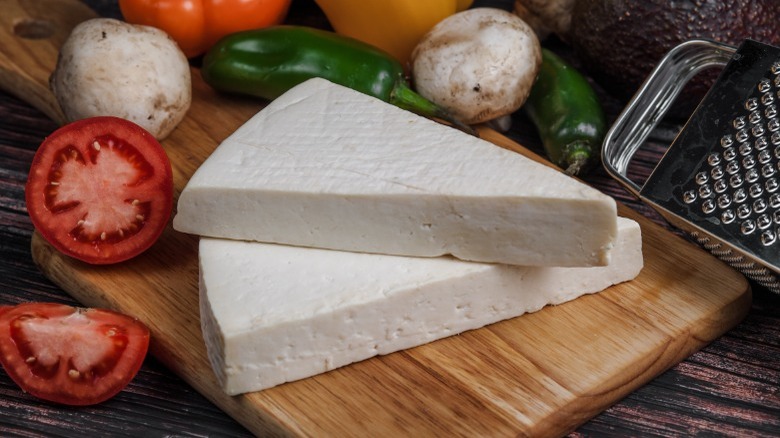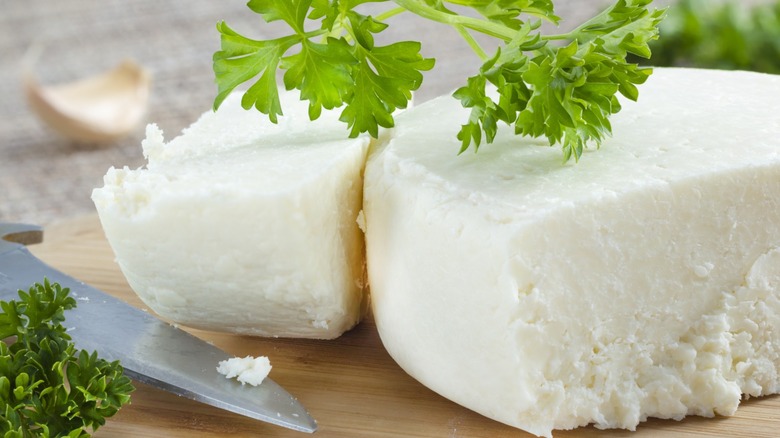The Most Notorious Cheese Recall In US History Resulted In Dozens Of Deaths And A Company Shutdown
Food recalls are an unfortunate (and often deadly) commonplace, despite numerous safety regulations enforced by the government. Among the 15 most deadly recalled foods in U.S. history are the Jalisco queso fresco and cotija cheeses recalled in 1985 due to Listeria contamination.
Between January and August of 1985 in LA County, California, 142 instances of listeriosis were recorded. The majority of the cases occurred in pregnant women, and there were 48 deaths, mostly comprised of fetuses and newborns. Investigations linked the illnesses to Mexican-style soft cheeses from one manufacturer: Jalisco Mexican Products, Inc. The cheeses were contaminated with unpasteurized milk found to be the source of the Listeria. In the investigations and court proceedings that followed, it was argued that Jalisco knowingly processed untreated milk in its cheeses. Had the milk been properly heated during pasteurization, any Listeria bacteria within it likely would have been eliminated. Ultimately, Jalisco issued a recall of its products in June of 1985 and closed its factory in Artesia, California.
Jalisco's president Gary McPherson and cheesemaker Jose Luis Medina were charged with 60 misdemeanors, including health, safety, and agriculture violations under California law. McPherson, who pleaded "no contest," was sentenced to 30 days in county jail and two years' probation in 1986. Medina served 60 days. Additionally, they had to pay tens of thousands of dollars in fines. This Listeria incident proved fatal for Jalisco, which was forced to shut down entirely, as its initial closure allowed other cheese manufacturers to take advantage of a competitive market.
The connection between soft cheese and Listeria
Although cheeses can be impacted by a number of food-borne pathogens, Listeria is one of the most common culprits behind the biggest cheese recalls in U.S. history (and it's one reason why you might want to think twice about eating queso fresco). Listeria monocytogenes is the bacteria that causes listeriosis, the root of all of Jalisco's problems. It produces flu-like and gastrointestinal symptoms. For healthy individuals, symptoms are usually mild, but for pregnant women, children, or the elderly, severe cases can lead to death.
Listeria thrives in cool and damp environments, making it unique from other food-borne bacteria like Salmonella and E. coli that thrive at room temperature. As such, it can be found in products like deli meats, salads, raw fruits and vegetables, unpasteurized milk, and soft cheeses.
So, why does Listeria love soft cheese so much? Compared to hard cheeses, soft varieties have a much higher moisture content, allowing Listeria to grow and flourish. And because Listeria can grow in the refrigerated conditions in which soft cheeses are kept, it is much harder to get rid of than other bacteria. Listeria can also form a sort of protective coating called a biofilm that can withstand traditional sanitization procedures. However, the bacteria can be killed if exposed to high temperatures of at least 165 degrees Fahrenheit. Unfortunately, most soft cheeses are not cooked, increasing the risk of listeriosis.

